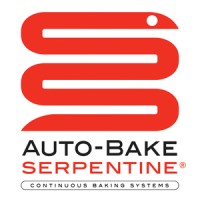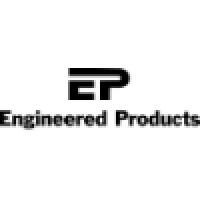
Auto-Bake Serpentine
Auto-Bake is a global designer and supplier of fully automated industrial baking ovens and systems. Internationally renowned for its innovative Serpentine technology, Auto-Bake’s compact, cost-efficient, continuous baking solutions are custom-configured for a diverse range of baking applications. The company has been in the business of baking since the 1950s, when founder Kevin Hicks built his first bakery in Melbourne, Australia. Since then, this successful business has evolved into a truly international enterprise, with successful installations on every continent and a dynamic service and support presence in the USA, Europe and Asia.






